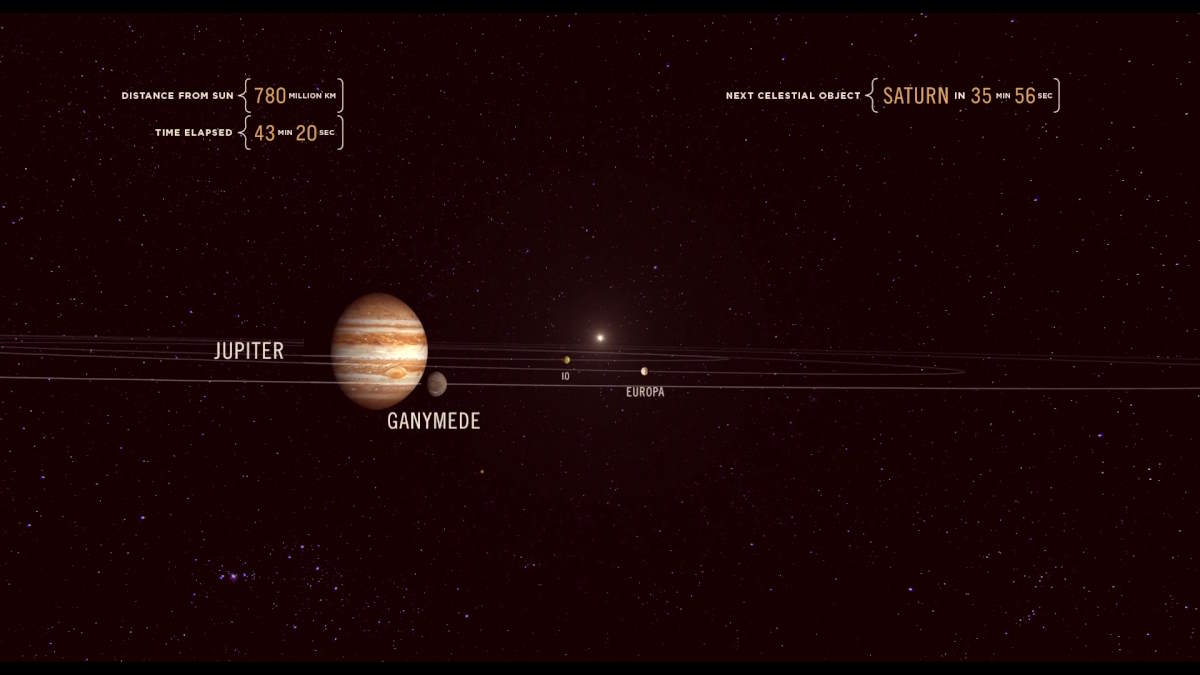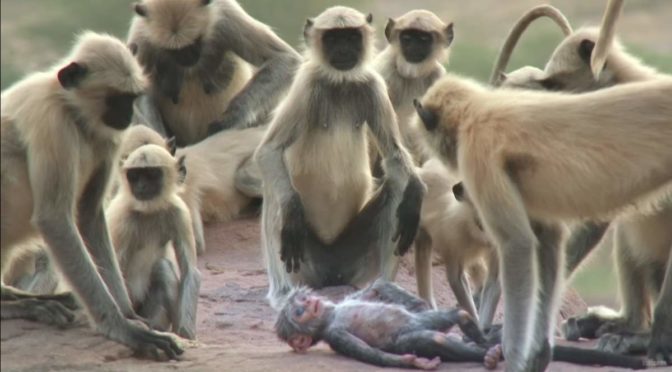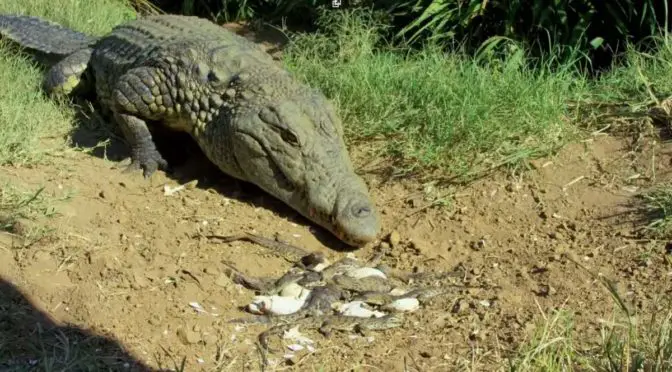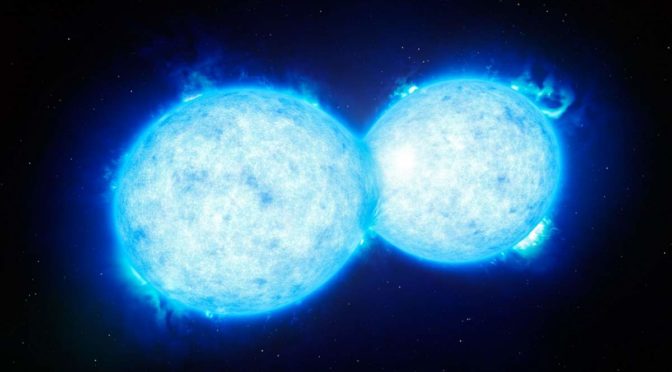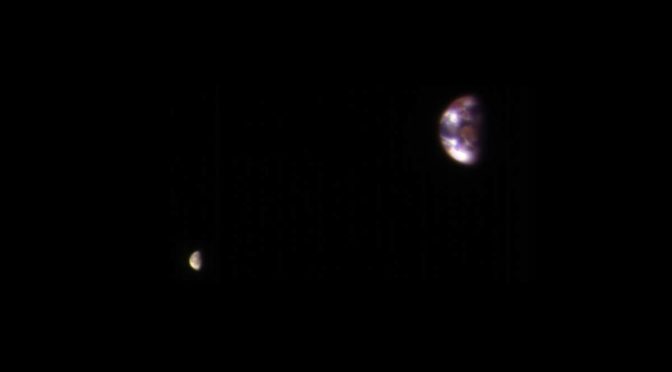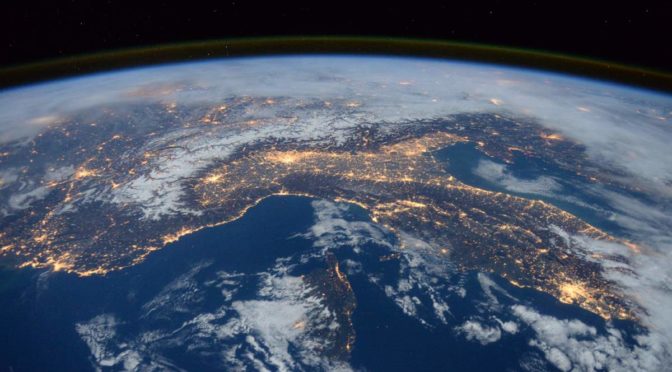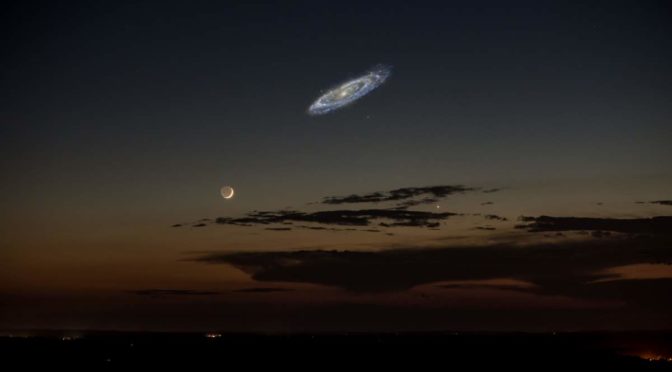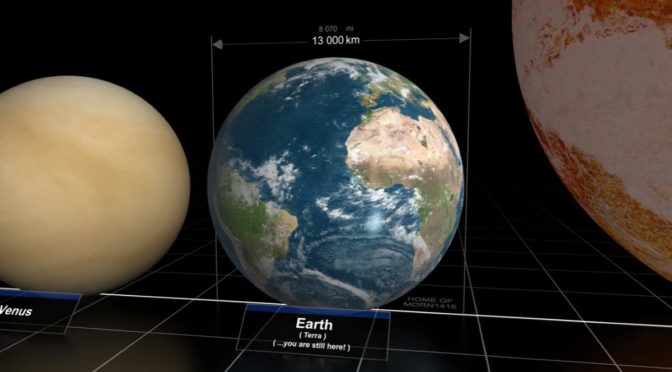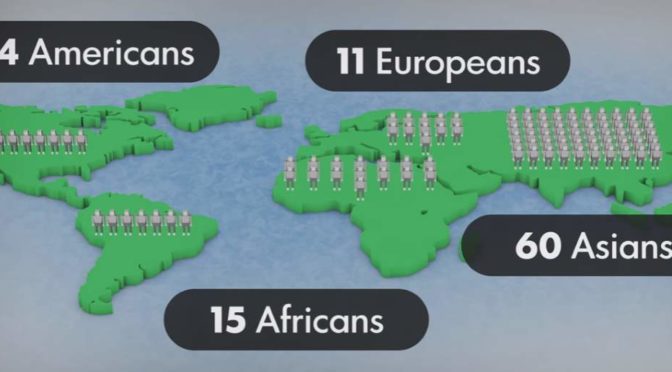Have you ever wondered how big is the Earth compared to other planets? Or other stars? Or even the Universe itself?
When it comes to big numbers, very big numbers, the human brain is weak. In fact, our brains cannot deal with really large numbers. That’s why when the subject is Earth, planets, Solar System, galaxies, and in general, the Universe, we cannot truly conceptualize the things. A lot of people think we’re “conquering” space (we are far, far away from that – and maybe we never will), or the “aliens” are regularly visiting Earth as if it is just an hour’s drive from there.
In fact, these people don’t truly understand what are they talking about, how big is the universe, how far even the nearest stars are, and how the Earth is a tiny, tiny spot in a vast space we are still striving to understand.
